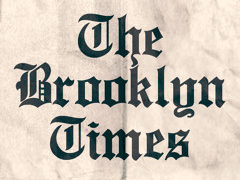Workers in the UK are experiencing the longest pay squeeze in more than 200 years. They are earning on average £900 less a year in real terms than they were before the 2008 financial crisis, and the Resolution Foundation has forecast average wages are not set to return to 2008 levels until 2027.
But public sector workers have suffered the worst. TUC analysis shows that nurses, on average, are today paid £5,000 a year less in real terms than in 2010. For paramedics and midwives, that figure is £6,000 a year. Police officers and prison service officers have seen their real pay drop by 13% and 10.4% respectively since 2009. The pay of secondary school staff and primary school staff has fallen by 9.7% and 11.8%. And as inflation has spiked and energy prices have spiralled, it is public sector workers who are facing the deepest real pay cuts, with average nominal pay offers below the private sector average. This is the context in which many of them – from nurses to teachers to Border Force guards – will be going on strike in the coming weeks. Many of these workers are people who continued going out to work during the pandemic, putting their health and that of their families at risk to maintain the provision of essential services. Yet successive Conservative chancellors have effectively achieved cuts to public services over the last decade by forcing public sector workers to bear real-term pay cuts. The NHS is being cross-subsidised by docking nurses’ pay. Teachers are being paid less to keep spending on schools as low as possible.


